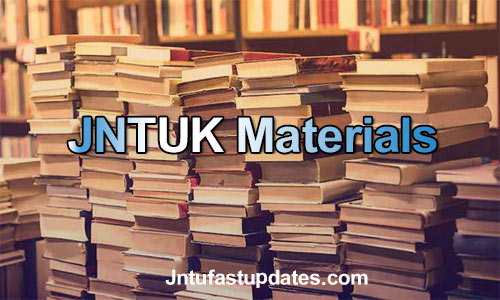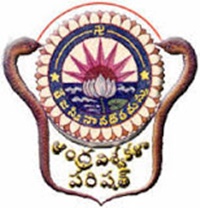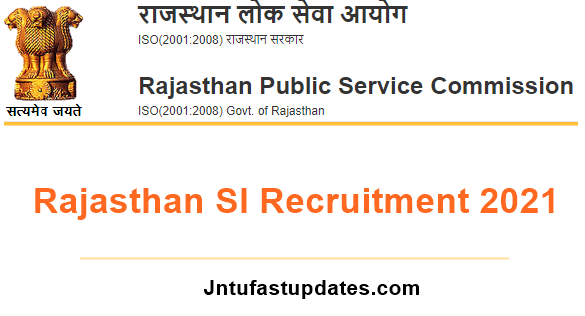JNTUK B.Tech 1-1 R20 Mech Materials: Students Can Download JNTUK 1-1 Mechanical R20 Regulation Materials/ E Note Books / Text Books Subject Wise From Below.
JNTUK B.Tech 1-1 Sem R20 Mechanical Materials Subject Wise PDF

Students of Jawaharlal Nehru Technological University Kakinada can avail of B.Tech 1-1 can avail of the materials for R20 regulation for various branches. Students can download JNTUK B.Tech 1-1 Sem R20 Mechanical Materials Subject Wise PDF from the links provided here. By tapping on the link, one can download materials for JNTUK 1-1 Sem MECH R20. The Mechanical Engineering Students can download the subject-wise materials PDFs collected from various sources. By referring to the materials one can gain knowledge to clear the exams with a good score. The course materials include Mathematics-I, Engineering Physics, Programming for Problem Solving, English, Engineering Drawing and various other Mechanical related books of various popular authors. Check the following B.Tech R20 MECH 1-1 Materials PDFs and download them for free.
JNTUK B.Tech 1-1 Sem R20 Mechanical Course Structure:
| Sl. No | Subjects | L | T | P | Credits |
| 1 | Calculus & Differential Equations-M1 | 3 | 0 | 0 | 3 |
| 2 | Engineering Physics | 3 | 0 | 0 | 3 |
| 3 | Programming for Problem Solving | 3 | 0 | 0 | 3 |
| 4 | English | 3 | 0 | 0 | 3 |
| 5 | Engineering Drawing | 2 | 0 | 2 | 3 |
| 6 | Engineering Physics Lab | 0 | 0 | 3 | 1.5 |
| 7 | Programming for Problem Solving Laboratory | 0 | 0 | 3 | 1.5 |
| 8 | English Language Lab | 0 | 0 | 3 | 1.5 |
| 9 | Environmental Science | 3 | 0 | 0 | 0 |
| Total Credits | 17 | 0 | 11 | 19.5 |
Also Check: JNTUK 1-1 Sem R20 MECH Syllabus
Download JNTUK 1-1 R20 MECH Materials PDF
Students who are pursuing the B.Tech 1-1 MECH R20 Regulation can check the text books, reference books, and e-resourses provided here for free. Students can get the complete chapter-wise information from their respective text books. And from the following information from the e-resourses, text books from the familer authors will provide the extra knowledge and understanding of each subject. Hence ts helps to score good in exams. Here we have collaboratively given the best JNTUK 1-1 R20 Mechanical materials at one place for the reference of students.
Mathematics-I Material (Calculus and Differential Equations)

320-x100(1).gif)






